A Living Text.
-

What is scholarship?
Carl Mosser’s definition: Scholarship is the product of a certain kind of activity. This activity can be done poorly or well, with varying degrees of precision and exhaustiveness, and by minds of varying cognitive abilities. This results in qualitative differences in scholarship so that one can speak in terms of a continuum of bad, mediocre,…
-

VI.5 AMiA Collapse
Bishop Barnum says that in the mid-summer of 2011, “…our Chairman met in London with AMIA’s retired and founding archbishops (It was Archbishops Kolini, Yong, and Tay). It was here, as I understand it, that the concept of a new AMIA Missionary Society took shape out of a perceived concern that AMIA was suddenly vulnerable…
-
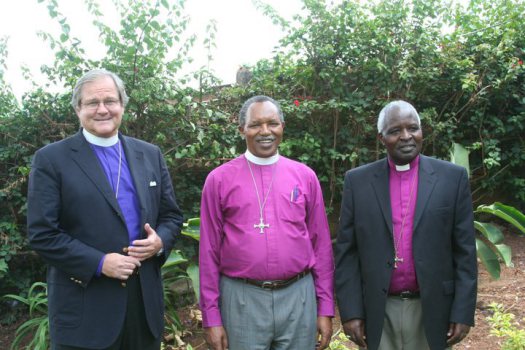
VI.4 AMiA Collapse
Years after the events of 2011, Bishop John Rodgers summarized how the AMiA viewed the change in their oversight from Rwanda when Archbishop Kolini was replaced by Archbishop Rwaje: “They wanted literally to manage us, whereas we thought of them as giving us cover.” The June 2011 meeting of Rwanda’s House of Bishops is where…
-

IV.1 AMiA Bishop Doug Weiss
As I read through various Anglican books attempting to piece together a timeline of the realignment, I came to June 24, 2001, where four men were consecrated as bishops in Denver Colorado. Three of them I knew very well by name: Thad Barnum, Sandy Greene, and T.J. Johnston. The fourth I had never heard of:…
-
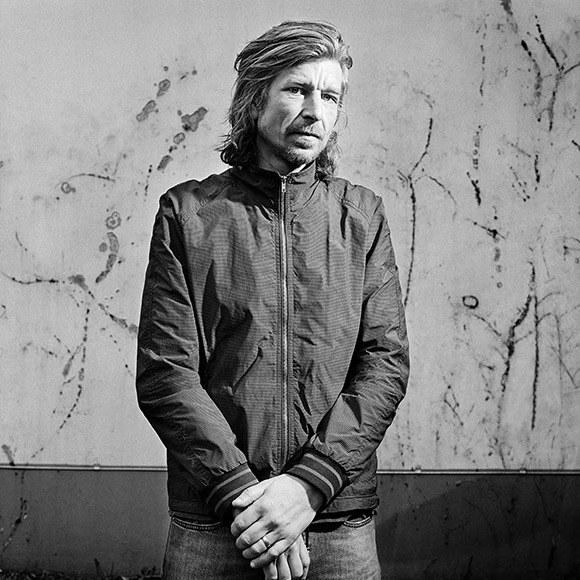
Hiding real life from ourselves
Karl Ove Knausgård writes about human life and how it is the same across time: One thing I had learned when I was working at the first institution: life wasn’t modern. All the variants, all the deformities, all the freaks of nature, all the mental disabilities, all the insanity, all the injuries, all the illnesses,…
-
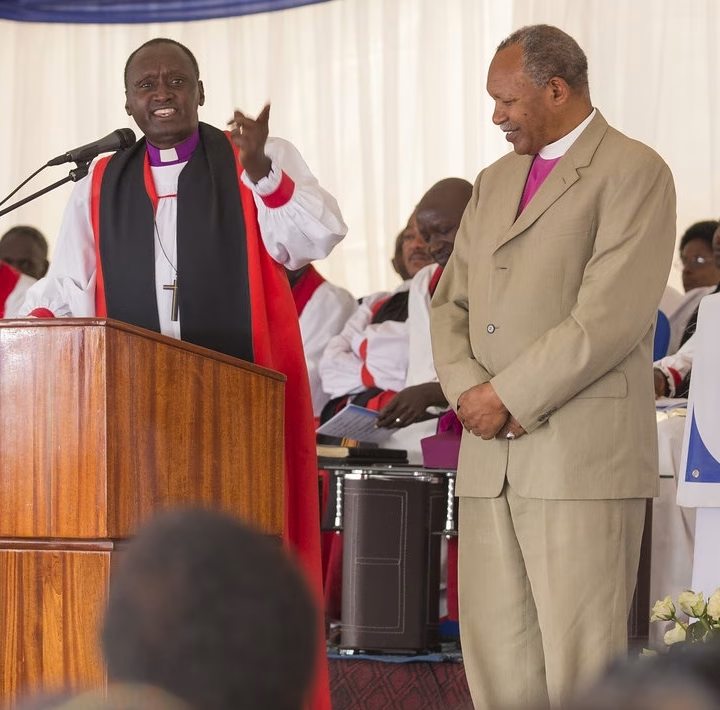
VI.3 AMiA Collapse
The questions that Bishop Alexis raised in his May 31st letter were numerous. He was asking for financial transparency, for accountability, and was emphasizing that this was in line with the old East African Revival slogan of “walking in the light.” The best-case scenario would have been poor bookkeeping, but what Bishop Alexis’ questions imply…
-

VI.2 AMiA Collapse
Events were heating up in the Spring of 2011. Rwandan Bishop Alexis Bilindabagabo was pushing for financial accountability, Jon Shuler was asking to be made a Rwandan bishop. Alexis pushed harder for some transparency, and a source close to him told me that “when Apb. Kolini left office he took all the office computers, not…
-

VI.1 AMiA Collapse
A new Archbishop was in place in Rwanda and shots had been fired internally about alleged missing money from the Kolini era. As I revisit these materials in 2025 there are a jumble of pieces to put together, but the next major event in the timeline seems to be the Rwandan House of Bishops meeting…
-
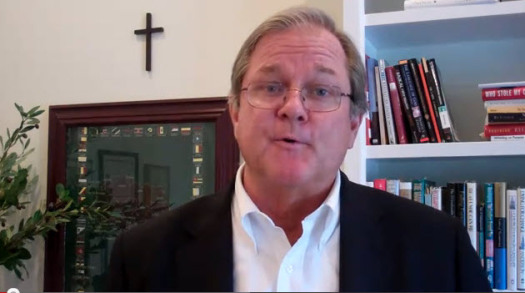
V. AMiA Collapse
(Picking back up my Recent Anglican History series.) As with any series of events my perspective on the collapse of AMiA is limited. Unfortunately, I don’t think there is anyone else out there who is digging into the sources, interviewing people, and creating a cohesive narrative, so my limitations are all I have. And really,…
-
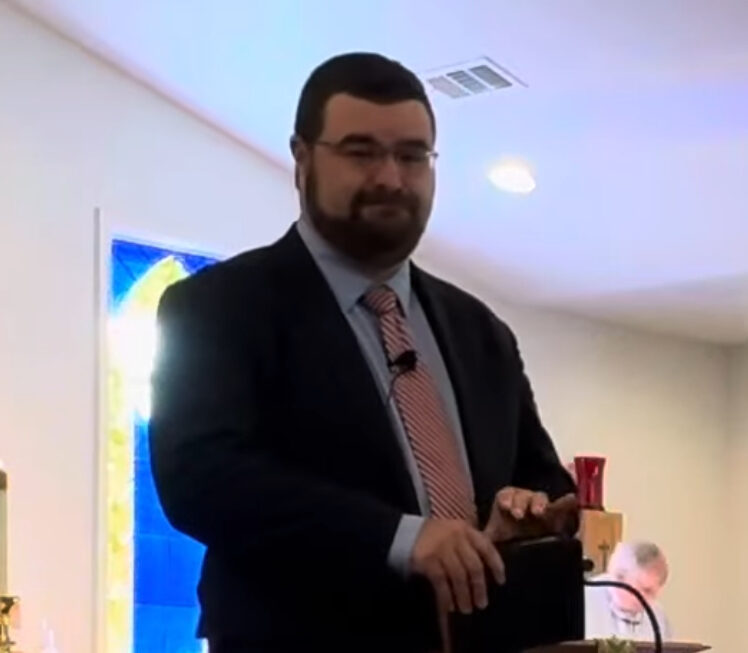
More Sexual Scandals Within ACNA
Paul to Titus: ..if anyone is above reproach, the husband of one wife, and his children are believers and not open to the charge of debauchery or insubordination. For an overseer, as God’s steward, must be above reproach. He must not be arrogant or quick-tempered or a drunkard or violent or greedy for gain, but…